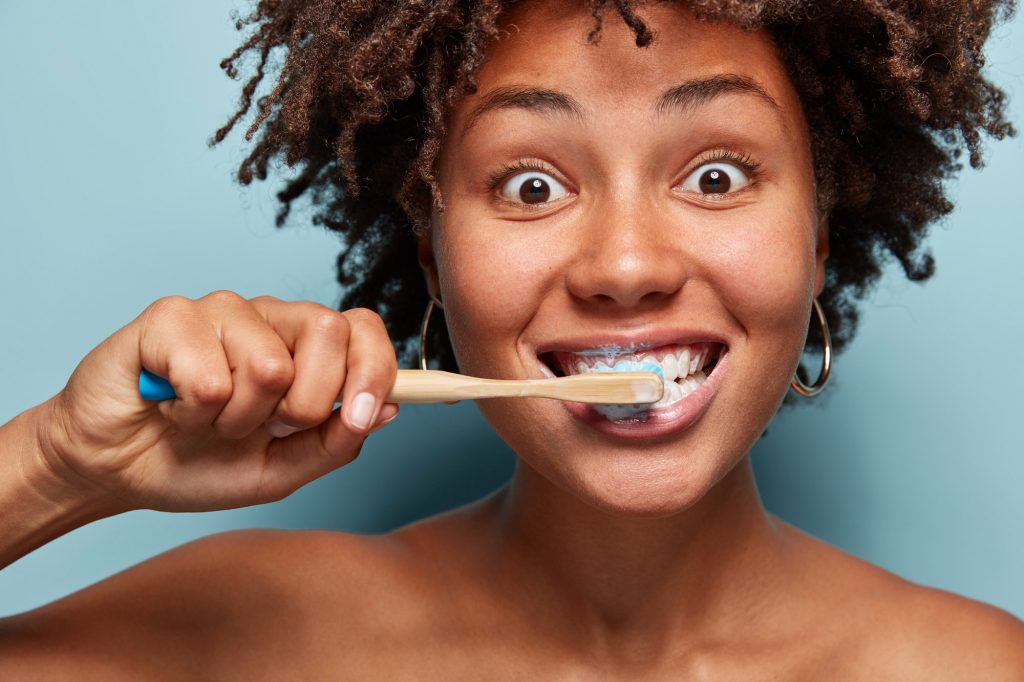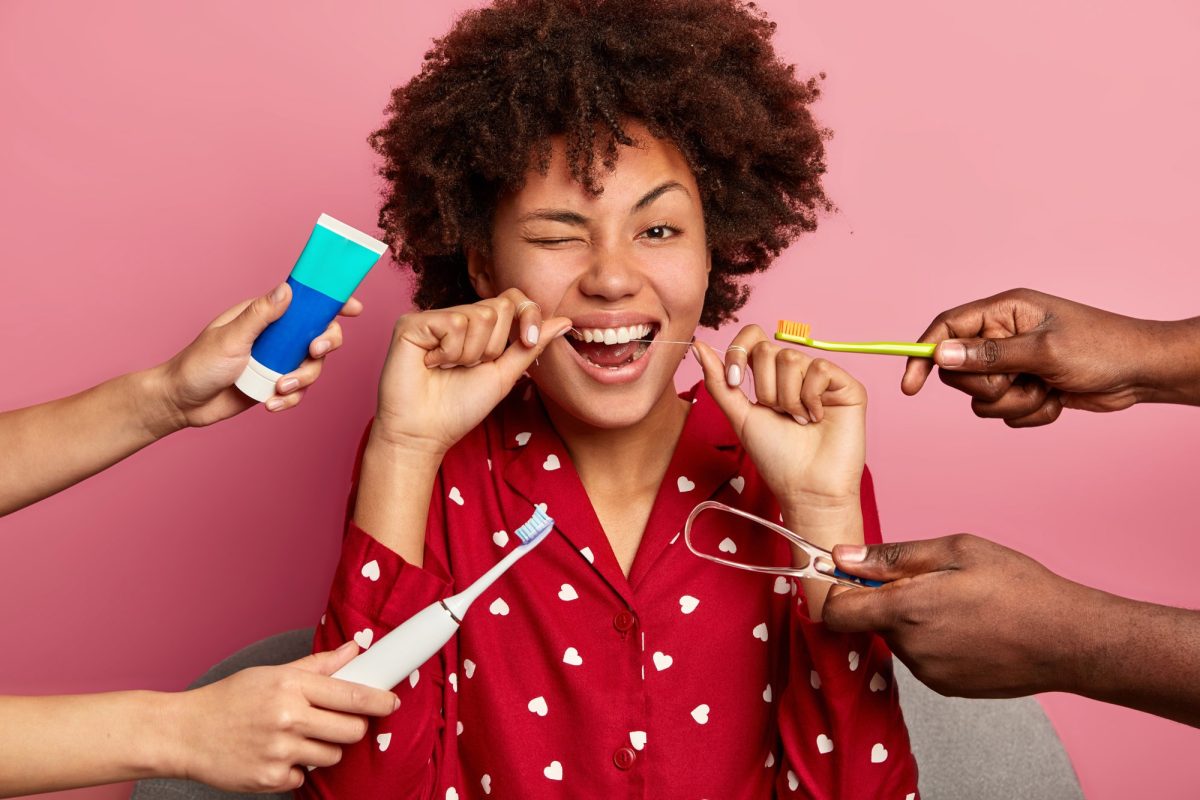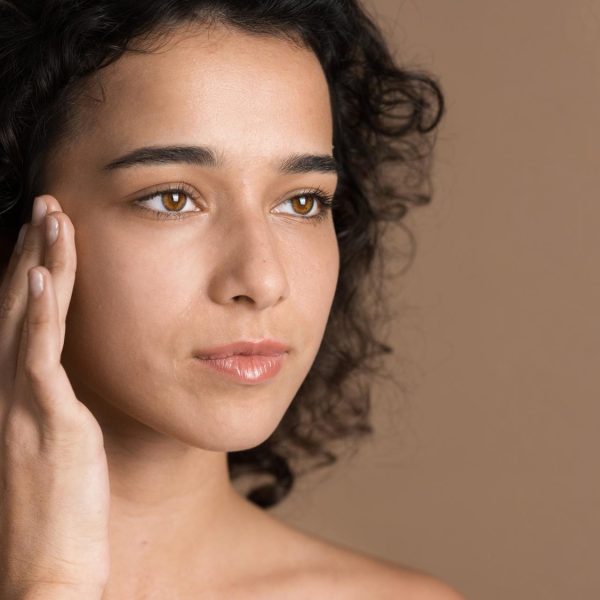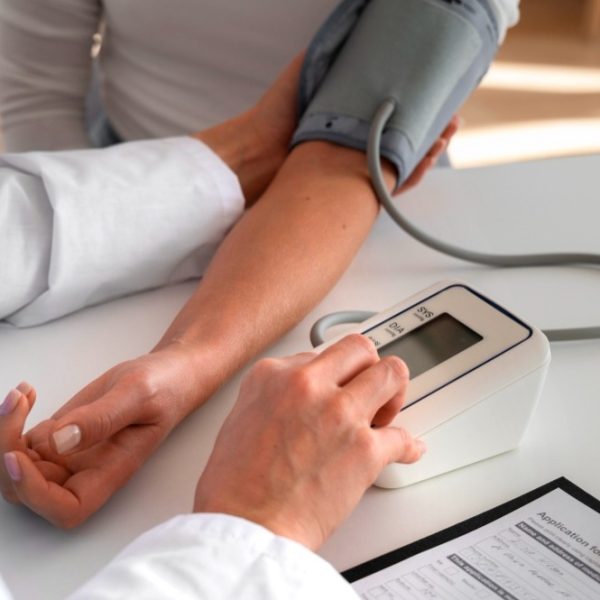They say that a smile is the best accessory one can wear. But what happens when your pearly whites aren’t so pearly anymore? Maintaining good oral hygiene is essential not only for your dental health but also for your overall well-being.
A healthy mouth can help you prevent tooth decay, gum diseases, and bad breath. In this blog, we’ll discuss tips to help you maintain good oral hygiene.

Tips for good oral hygiene
There are a lot of things that you can do to keep that beautiful smile intact. So, let’s go over the basics once again!
Brushing
Brushing your teeth twice daily is the most basic and essential step towards maintaining good oral hygiene. Use a toothbrush with soft bristles and fluoride toothpaste. Brush for at least two minutes, ensuring you clean every corner of your mouth. Avoid brushing too hard, as it can damage your gums and teeth.
Flossing
Brushing your teeth alone doesn’t remove all the food particles stuck in between your teeth. Flossing can help you get rid of the debris that is brushing can’t. Flossing once a day can help prevent gum diseases and bad breath. Take about 18 inches of floss, wrap it around your fingers, and gently slide it between your teeth, making a c-shape around the tooth.
Mouthwash
Mouthwash helps freshen your breath and kills bacteria that cause bad breath and tooth decay. Rinse your mouth with mouthwash after brushing and flossing. Use alcohol-free mouthwash, as alcohol can dry out your mouth and cause bad breath.
Healthy diet
Eating a healthy diet is essential not only for your overall health but also for your dental health. Avoid sugary and acidic food and drinks, as they can cause tooth decay and erosion. Instead, choose a balanced diet of fibre, vitamins, and minerals.
Regular dental check-ups
Visiting your dentist regularly is necessary for maintaining good oral hygiene. Your dentist can identify and treat any dental problems before they become severe. You should see your dentist every six months for a routine check-up.
Conclusion
Maintaining good oral hygiene is vital for a healthy mouth and overall well-being. Brushing twice daily, flossing, using mouthwash, eating a healthy diet, and visiting your dentist regularly are steps towards good oral hygiene.
Remember, a healthy mouth can help you prevent tooth decay, gum diseases, and bad breath. So, remember to take care of your pearly whites, and keep smiling!













Share this article